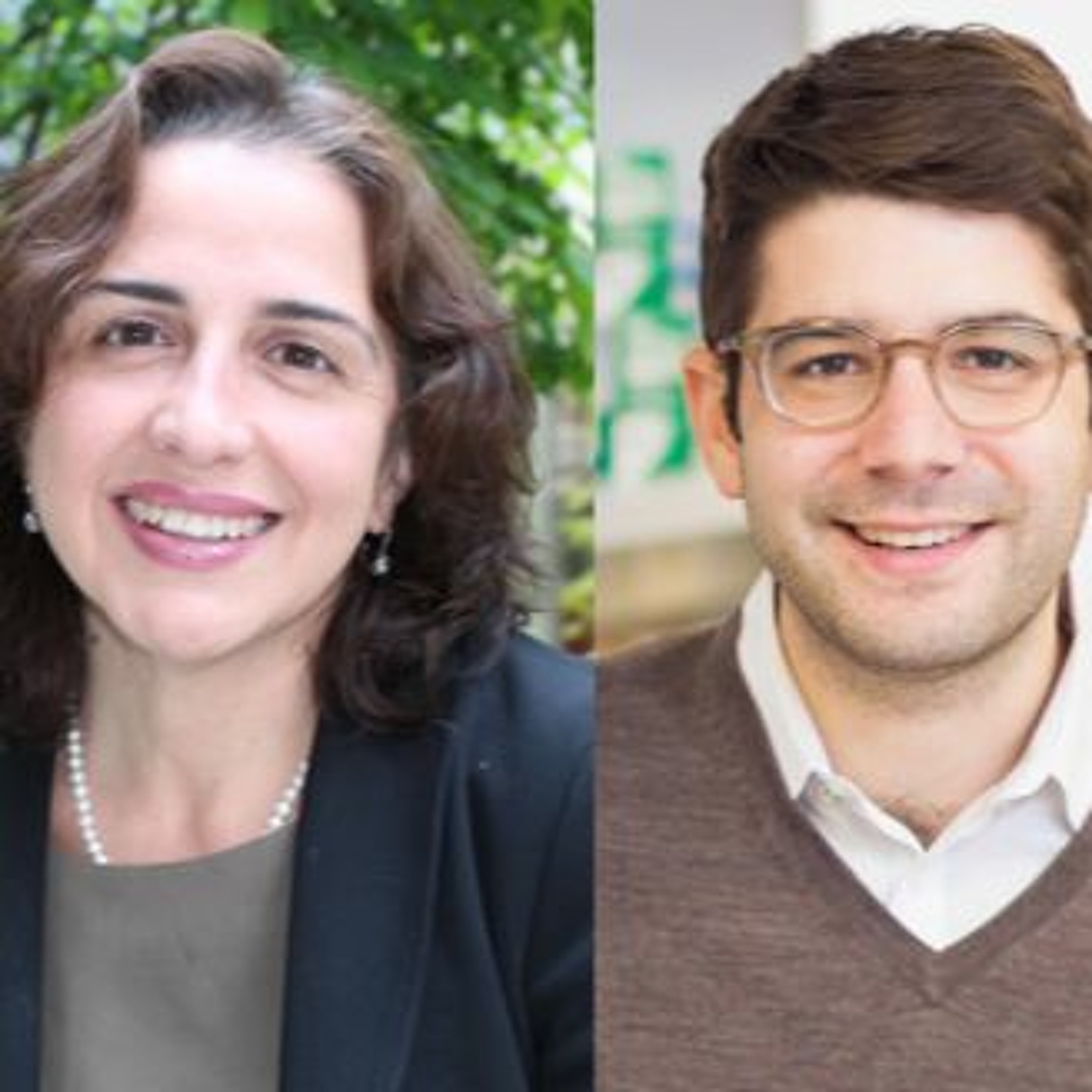Two NYU scientists on melanoma, lung cancer, challenges, and research dreams

At first glance, the work of Eva Hernando and Thales Papagiannakopoulos might not seem to have much in common. \n\nDr. Hernando studies the contributions of non-genetic alterations to the aggressive behavior of melanoma. Dr. Papagiannakopoulos is applying CRISPR/Cas9 to study lung cancer.\n\nBut in this conversation, Drs. Hernando and Papagiannakopoulos take us through the ins and outs of their research into why cancer grows and spreads, and we learn how they learn from each other, how NYU Grossman School of Medicine encourages collaboration, and why new directions in cancer research have them feeling optimistic.\n\n3:05 \u2013 Eva Hernando, PhD, is Professor in the Department of Pathology and Assistant Dean for Research at the NYU Grossman School of Medicine. Thales Papagiannakopoulos, PhD, is Associate Professor in the Department of Pathology at NYU Grossman School of Medicine. \n\n5:26 \u2013 Dr. Hernando on why cancer cells metastasize\n\n10:10 \u2013 Why she studies metastasis in melanoma\n\n13:28 \u2013 Dr. Papagiannakopoulos on why it\u2019s so hard to understand what the cancer genome is telling us\n\n20:50 \u2013 Dr. Papagiannakopoulos on why he studies lung cancer\n\n23:32 \u2013 Dr. Hernando on the biggest challenge she\u2019s facing as a melanoma researcher \n\n27:42 \u2013 Dr. Papagiannakopoulos on new directions in lung cancer research\n\n30:34 \u2013 On encouraging research collaborations at NYU\n\n35:16 \u2013 How ACS funding has impacted their cancer research